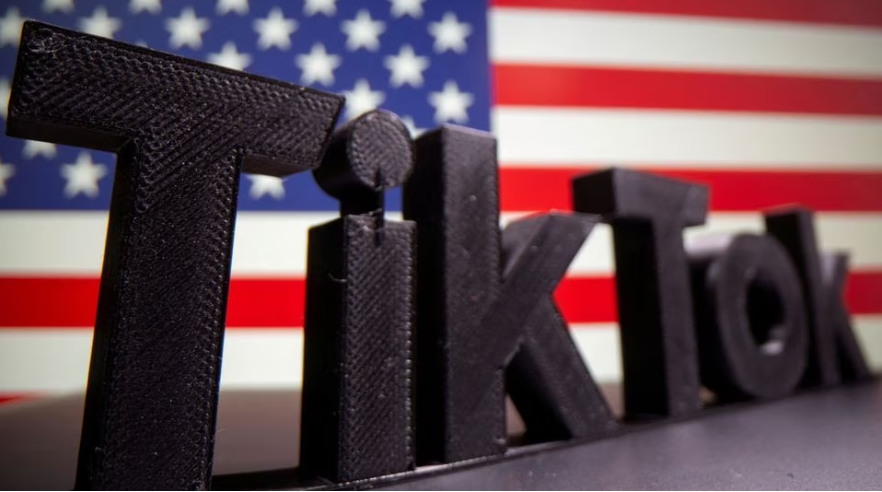The top Democrat on the House Foreign Affairs Committee said on Tuesday he opposed a Republican bill that would give President Joe Biden the power to ban Chinese-owned social media app TikTok and other apps.
The committee opened debate on Tuesday on the measure, which Republican committee chair Michael McCaul sponsored to grant the administration new powers to ban the ByteDance-owned app that is used by more than 100 million Americans. The committee delayed a vote on the measure until Wednesday.
“Many Americans do not realize one of the greatest surveillance efforts from (China) has been silently gathering personal data in their pockets,” McCaul said, referring to TikTok. “TikTok is a national security threat … It is time to act.”
Representative Gregory Meeks said he strongly opposed the legislation, saying it would “damage our allegiances across the globe, bring more companies into China’s sphere, destroy jobs here in the United States and undercut core American values of free speech and free enterprise.”
A ban would require passage by the full House and the Senate before the president can sign it into law. On Monday, the White House told federal agencies they had 30 days to purge TikTok from government devices.
“It would be unfortunate if the House Foreign Affairs Committee were to censor millions of Americans, and do so based not on actual intelligence, but on a basic misunderstanding of our corporate structure,” TikTok said, adding that it has spent more than $1.5 billion on rigorous data security efforts and rejects spying allegations.
The U.S. government’s Committee on Foreign Investment in the United States (CFIUS), a powerful national security body, in 2020 unanimously recommended that ByteDance divest TikTok because of fears that user data could be passed onto China’s government. TikTok and CFIUS have been negotiating for more than two years on data security requirements.
Meeks said McCaul’s bill is “dangerously overbroad” and would require U.S. sanctions on Korean and Taiwanese companies that supply Chinese companies with semiconductor chips and other equipment.
Meeks said he believes concerns about TikTok are “justified” and offered a far narrower alternative that would allow the current negotiations CFIUS and TikTok to address U.S. data concerns to continue.
McCaul noted courts repeatedly blocked former President Donald Trump’s administration’s attempts to bar TikTok from U.S. devices.
The American Civil Liberties Union urged Congress not to ban TikTok, saying it would violate the free speech rights of millions of Americans.
This month, Biden said he was not sure if Washington would ban TikTok. Earlier on Monday, the White House gave government agencies 30 days to ensure that TikTok is not on any federal devices and systems. Various U.S. states, Canada and European Union policy institutions have also banned TikTok from being loaded onto state-owned devices. Meeks praised those efforts.
Reuters
Tags:TikTok




